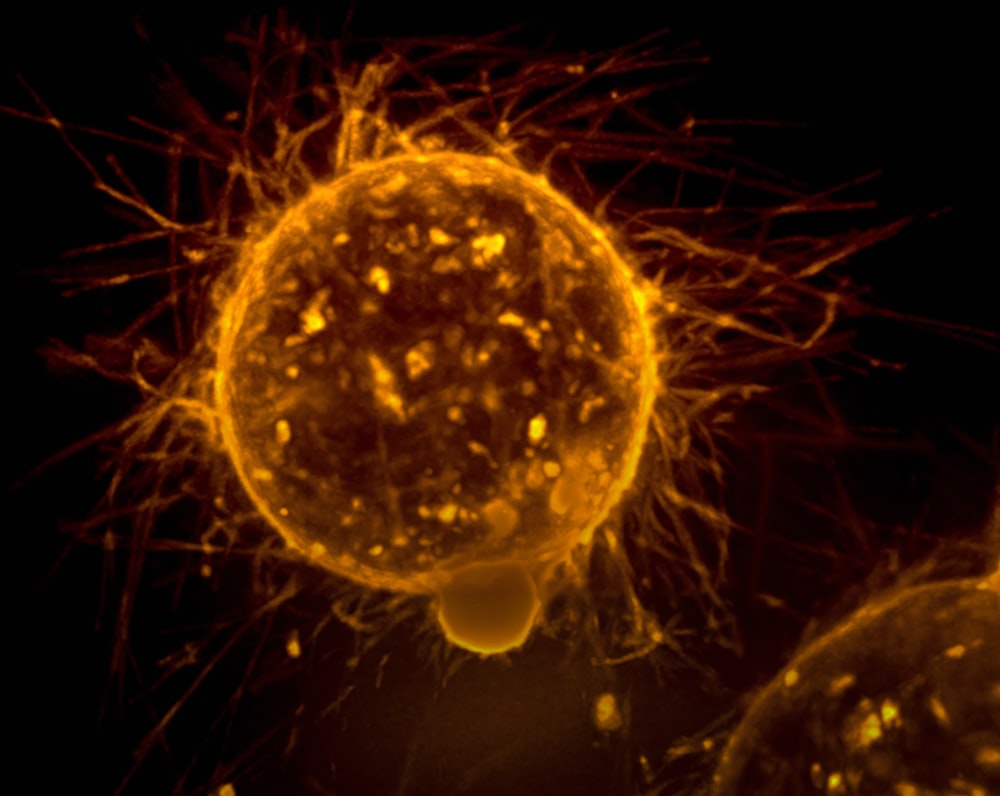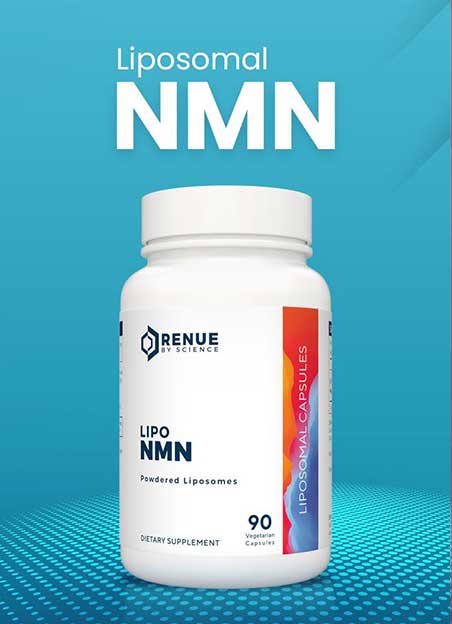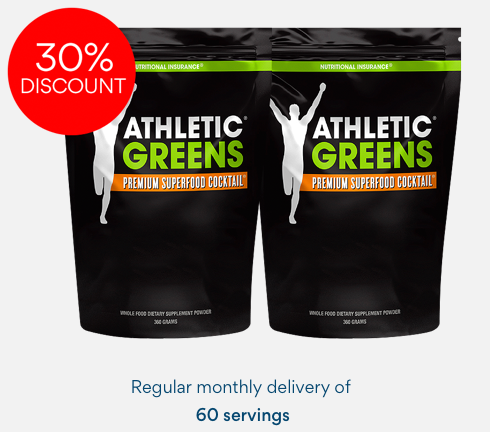

If you have experienced aging past 50 years of age, you must have noticed that a lot more diseases and issues spring up when you least expect them. Different people have different experiences with aging but one thing is for sure: your health starts declining eventually.
While there are many reasons behind age-related conditions and diseases, one of the most well-researched reasons is oxidative stress. Oxidative stress happens because of molecules called free radicals. These molecules are produced during the processes involving breaking down food.
Free radicals have unpaired electrons in their electron orbits. As a result, they are dangerous to healthy cells and tissues. They can cause significant damage to the body such as cancer, cataract, inflammatory diseases, and cardiovascular problems.
Resveratrol and other antioxidants can help inhibit the activity of free radicals and protect the body from potential damage caused by these agents.
What is Resveratrol?
Resveratrol is an organic compound that is found in many naturally occurring foods. The compound belongs to the polyphenol group. This group is commonly known for its antioxidant and anti-inflammatory properties.
Where is it Found?
Resveratrol is found in a range of plant species. It has been detected in more than 70 species so far. Commonly, you can find resveratrol in red grapes skins and seeds, berries, peanuts, and red wine.

Why is Resveratrol Important?
If you aren’t already aware of the anti-aging, anti-cancer, and anti-inflammatory properties of resveratrol, you will find the following sections very informative.
Resveratrol has been a focus of a lot of disease-fighting and anti-aging researchers for a long time. Since the start of the 1990s, resveratrol has gained a lot of attention for its health benefits. Early research has highlighted its potential as an important drug in the fight against age-related diseases.
Benefits of Resveratrol
As mentioned before, resveratrol has a range of benefits due to its extraordinary antioxidant and anti-inflammatory properties. This section provides an overview of the potential benefits of resveratrol.
A summary of the benefits of resveratrol can be seen from the figure below. This figure appeared in a research paper published in Oxidative Medicine and Cellular Longevity journal by Ashim Malhotra and his team.

The authors explored the benefits of resveratrol highlighted in published research articles and came up with a comprehensive list. The benefits of resveratrol can be found in all parts of the body including the central nervous system, kidney, cardiovascular system, metabolic systems, prostate, and colon.
More specific benefits of resveratrol are discussed as follows.
Resveratrol as an Antioxidant Agent
The most compelling benefit of resveratrol is its work as an antioxidant. Many studies have confirmed its role as an effective antioxidant agent. Bahare Salehi and the team published a study in 2018 where they confirmed the antioxidant potential of the compound.
Since resveratrol acts as an effective antioxidant, it can be crucial in the fight against aging. As an antioxidant, resveratrol can inhibit the activity of free radicals, thus ensuring that age-related diseases caused by the free radicals are kept in check.
Anticancer Properties of Resveratrol
Apart from antioxidation, resveratrol has also shown remarkable potential in both preventing and inhibiting cancer. As a result of its anti-proliferative, pro-apoptosis, antioxidant and anti-inflammatory properties, resveratrol has emerged as a formidable candidate for fighting and preventing many different kinds of cancer.

Paul R van Ginkel and the team stressed the anticancer properties of resveratrol in a study where they established that the compound can inhibit the growth of neuroblastoma-related tumors. They also found out that resveratrol directly activates the intrinsic apoptotic pathways in mitochondria. These resulted in considerable widespread tumor cell death and tumor regression.
The anticancer properties of resveratrol show an exciting area of research because it not only helps in the prevention of certain types of cancer, it also shows great potential in fighting the already developed cancers.
Cardiovascular Health
Another significant benefit of resveratrol comes in the form of cardiovascular health. The anti-inflammatory properties of the compound allow it to protect the body from damage.

Resveratrol provides protection to blood vessels with the help of a protective lining, safeguarding them from injury or insult. This lowers the chances of strokes and heart diseases.
In a 2015 study by Goran Petrovski and the team, the positive impact of resveratrol on cardiovascular disease prevention and health was explored. The study confirmed that the compound has significant beneficial effects against cardiovascular and degenerative diseases including:
- Aging
- Obesity
- Diabetes
- Heart failure
- Reperfusion/ischemia
- Hypertension,
- Atherosclerosis.
Another article sheds light on the cardioprotective properties of resveratrol by highlighting the fact that resveratrol tends to induce vasodilation and, as a result, helps reduce the risk of cardiovascular diseases and hypertension quite significantly.
Similarly, a 2017 study by Abdur Rauf and his team also provided a comprehensive review of the impact of resveratrol on cardiovascular, neuroprotective, anticancer, and other health perspectives. Regarding cardiovascular health, the authors concluded that the protective effects of resveratrol are so significant that there is a huge potential for the development of specialized novel treatments of heart failure, reperfusion/ischemia, metabolic syndrome, and atherosclerosis.
Thus, people at the risk of cardiovascular diseases can benefit greatly from resveratrol supplements. The research into specialized treatments and preventive options may take decades but by enhancing the availability of resveratrol to the body, such patients can benefit from resveratrol’s cardioprotective properties right now.
Neuroprotective Effects of Resveratrol
Another important role that resveratrol plays in our body is that of a neuroprotective role in several neurodegenerative disorders such as Parkinson’s disease, Hannington’s disease, and Alzheimer’s. Other than that, resveratrol also plays a protective role in alcohol-induced neurodegenerative disorders.
These neuroprotective effects of resveratrol appear in the following ways:
- Antioxidation activities
- Anti-inflammatory activities.
- Activation of SIRT1 genes.
- Improving mitochondrial function.
All of these functions can be vastly helpful in improving the conditions of the patients suffering through these nondegenerative diseases.
Weight Loss
Recently, there has been a lot of interest in studying resveratrol as a weight loss supplement. Many studies have explored the weight loss benefits of this substance.
Reza Tabrizi and her team conducted a systematic review and meta-analysis to study the weight loss benefits of resveratrol. In the review, they dozens of studies and concluded that resveratrol has been significantly beneficial in reducing fat mass, waist circumference, BMI, and weight.
Liposomal Resveratrol
After looking at the benefits of resveratrol in detail, it is important to understand why it is better for you to seek out the resveratrol supplements that come in liposomal form.
Resveratrol comes in many shapes and form. Some resveratrol supplements come in powdered form while others may be present in the form of nasal sprays. The reason that liposomal resveratrol is superior is that it is vastly more bioavailable than other choices.
In clinical trials, one of the biggest issues of resveratrol is that it is not very bioavailable. A research paper from 2016 notes that the bioavailability of oral supplements of resveratrol is less than 1 percent. In order words, less than 1 percent of water
The way to make resveratrol more bioavailable is to use liposomal resveratrol.
Liposomes are tiny layers of lipid that cover the ingredient inside, in this case resveratrol, to ensure that the ingredients are not damaged during digestion. Oral supplements of resveratrol without liposomes suffer from lower bioavailability because most of it is destroyed in the harsh and acidic environment of the stomach.
On the other hand, when liposomal resveratrol reaches stomach, the lipid layer protects resveratrol and takes it to the blood stream. That makes liposomal resveratrol more bioavailable.
Research has shown that liposomes enhance the anti-inflammatory and antioxidative effects of resveratrol.
Frequently Asked Questions
This section will try to answer the most common questions you may have about resveratrol.
1. Are resveratrol supplements safe for consumption?
Yes, they are. Multiple studies have explored the safety of resveratrol supplements and have found them to be safe for consumption. Resveratrol has been a focus of research for several decades and none of the studies have found any serious health issues associated with the supplements.
2. How much resveratrol should I be taking?
The amount of dosage depends upon why you are taking resveratrol and whether your resveratrol supplement is liposomal or not. Generally, liposomal resveratrol would require smaller doses to be equally effective to the bigger doses of oral resveratrol.
3. Are there any side effects of taking resveratrol?
A study exploring the dietary impact of resveratrol supplements showed that there were no side effects of resveratrol consumption for people taking doses of up to 500 mg per day for the long term. When the dosage was increased to 1000 mg per day, mild side effects appeared in some people including the following:
- Nausea
- Diarrhea
- Abdominal pain
- Flatulence
These side effects remained mild to moderate and were easily manageable with the help of changes in the doses.






